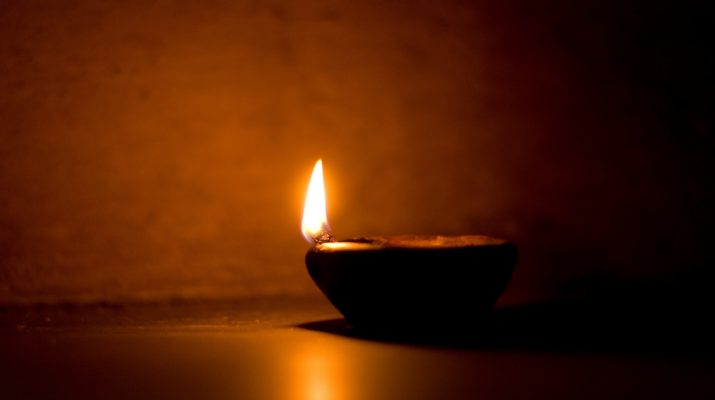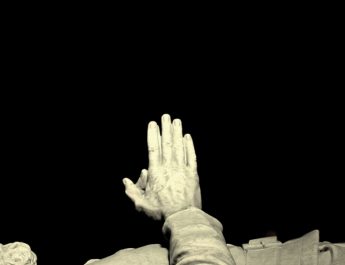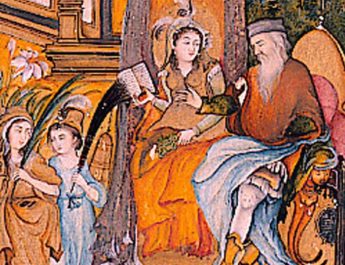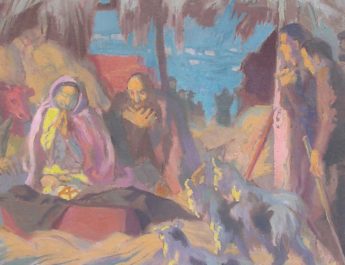Psalm 119:105-107
Narrative Lectionary 325
105 Your wordA is a lampB to my feetC
and a lightD to my path.E
A “word” = dabar. From dabar (to speak, declare, discuss). This is speech, a word, a matter, an affair, charge, command, message, promise, purpose, report, request. It is a word, which implies things that are spoken of in a wide sense.
B “lamp” = ner. This is to glisten. It is used for a lamp, candle, or light in a literal or figurative sense.
C “feet” = regel. This is foot, endurance, or journey. It is a foot as the means of walking and so it implies a step or a greater journey. It can be used euphemistically for private parts.
D “light” = or. From or (to be or become light). This is light, sun, sunshine, dawn, or daylight. Figuratively, it can refer to light from instruction, light of a face (that is to say one that is cheerful or finds favor). It can refer to prosperity or salvation; a light that guides, a light eternal from Zion.
E “path” = nathiyb. Root may mean to tramp. This is a path beaten from regular use. So, it is pathway or traveler.
106 I have sworn an oathF and confirmedG it,
to observeH your righteousI ordinances.J
F “sworn an oath” = sheba. From sheba (seven, by sevenfold; it can also be used to imply a week or an indefinite number; symbolically, this is the number of fullness, sacredness, perfection). This verb, properly means to be complete – literally, to seven yourself. In terms of oath taking, this is to swear with the same seriousness as if you had declared the thing seven times.
G “confirmed” = qum. To arise, stand, accomplish, establish, abide. This is rising as in rising against, getting up after being sick or asleep, arising from one state to another, becoming powerful, or rising for action. It can also be standing in a figurative sense.
H “observe” = shamar. This is to keep, watch, or preserve. It means to guard something or to protect it as a thorny hedge protects something.
I “righteous” = tsedeq. This is rightness, righteousness, vindication. It is everything that is just or ethical. That which is right in a natural, moral, or legal sense. It also includes just weights (i.e. true weights). Figuratively, this is justice, righteousness, equity – even prosperity.
J “ordinances” = mishpat. From shaphat (to judge, defend, pronounce judgment, condemn, govern). This is a verdict or formal sentence whether from humans or from God. It includes the act of judging as well as the place that judging takes place, the suit itself, and the penalty. Abstractly, this is justice, which includes the rights of the participants.
107 I am severely afflicted;K
give me life,L O Lord,M according to your word.
K “afflicted” = anah. This is to be bowed down. It can refer to a sense of humility or to a sense of being browbeaten, oppressed, afflicted, or depressed. This can be literal or figurative – depressed in mood or circumstance.
L “give…life” = chayah. This is to live or keep alive in a literal or figurative sense. So, it an be revive, nourish, or save.
M “Lord” = YHVH. From havah (to be, become) or hayah (to come to pass, become, be). This is the name of the God of Israel, the self-existent and eternal one, the tetragrammaton. This pronunciation has been lost to time so “Lord” is generally used in its place.
Image credit: “Deepam. Festival of Lights, Chennai.” Photo by Ravages C/N N/G, 2012.




